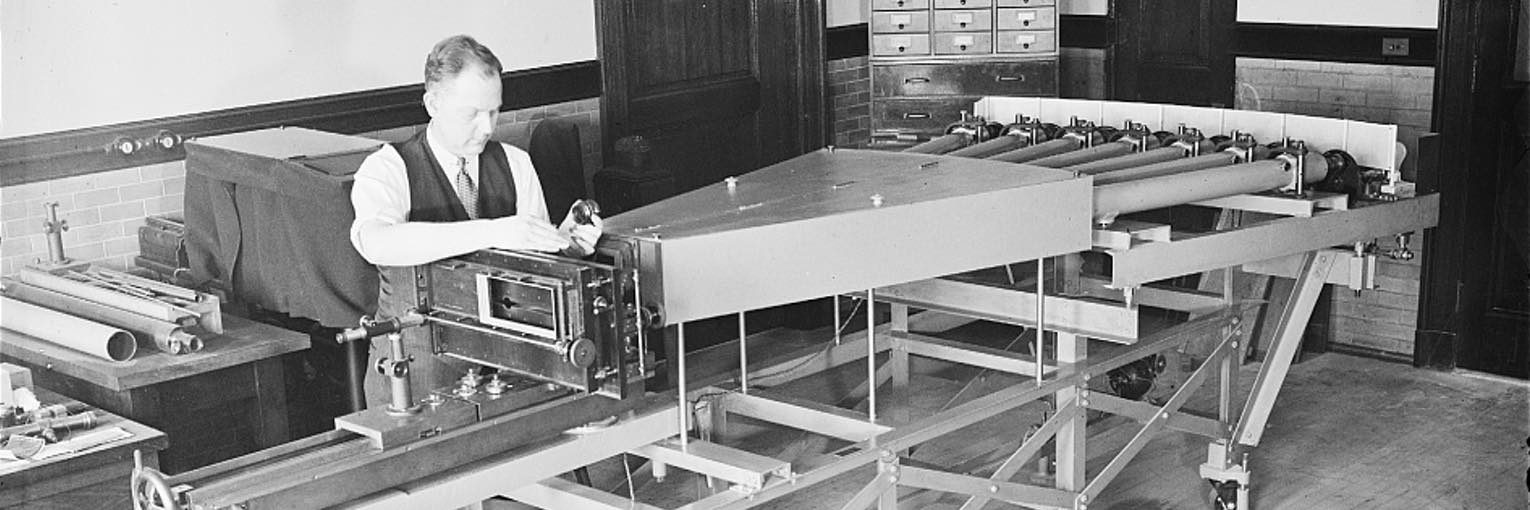A
s someone who has always found purpose in supporting others as they work towards achieving their goals, I was not one to identify as an educator until presented with the opportunity in a highly traditional setting. Now, as my work evolves primarily in community and non-formal environments I often consider my work less in terms of an educator and more of a catalyst that incites and supports growth within individuals and communities.
Here I offer an overview of my contributions to the field of adult education focusing on professional practice in traditional and community settings. Beginning with a glimpse of my practice’s evolution through practical experience and scholarship, I continue by illustrating how I have impacted the communities I serve. I close this section by offering thoughts on my work more broadly, what strengths and weaknesses exist within it, and the steps I may take to become a more informed and effective practitioner.
Professional Practice
For more than a decade, I have supported adult learners through activities which engage, educate and enable them to develop the skills and knowledge needed to take greater control over their futures. For organizational purposes, I present my work as an adult educator divided into two distinct areas of focus. First, my work as it relates to formal education delivered primarily in post-secondary environments followed by non-formal education in community education settings.
Formal Education
Focused primarily on curriculum related to the cities we live in and the building of stronger, more connected communities, my teaching contributions at the post-secondary level have often focused on the instruction of students in the planning and development of urban centres. Founded on theoretical knowledge of how cities function and a technical expertise of industry methodologies, my approach to instruction often begins with lived experiences of the students themselves. Understanding what learning is relevant to the students, I develop educational activities which feel familiar and can be further extended to connect the curriculum to the locales students are situated within.
Bridging the gap between traditional and digital environments, my instruction assists students in becoming comfortable with exploring their own learning through self-directed methods supported by new technologies that can help them to reach their goals. Highlighting opportunities for students to create positive change through professional practice—connecting course work, professional roles and personal communities, my work supporting adults is grounded in a community worldview and the interconnectedness of their personal and professional actions.
Selected Roles
Faculty, School of Design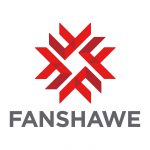
— Fanshawe College, 2007–2010
Designing educational curriculum and resources based on experiential and community-minded principles, I highlighted the opportunities for students to create positive change in their communities as they worked towards obtaining roles in fields related to urban planning.
Research Associate, Department of Geography
— Western University, 2007–2009
Leading graduate students in research, technical support and advisory capacities, I provided graduate seminars on software platforms, research methods and approaches to community development. Overseeing undergraduate students, I was responsible for their engagement, education and enablement as we connected their studies to broader community contexts.
Teacher Candidate, Intermediate/Senior
— Thames Valley District School Board, 2009–2010
Connecting young adults with their broader communities through experiential and self-directed learning opportunities, I provided learning experiences which paired students’ personal interests with course content, helping to build a greater comprehension of learning materials and deeper connections to their personal lives.
Community Education
Instructing adult learners in formal classroom settings, I lead workshops that enable them to understand, apply and integrate digital literacy skills into their everyday lives. Using a scaffold approach to teaching, I support beginners as they develop foundational skills while enhancing the knowledge of more advanced learners concurrently within the same environment. As I design learning experiences based on sound community development principles I aim to enable learners to act as leaders, teachers and facilitators among their peers. This community approach to learning results in individuals collectively learning and developing their skills while supporting each other at the same time.
Selected Roles
Lead Instructor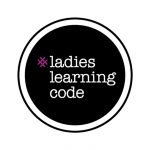
— Ladies Learning Code, 2015–present
With a team of mentors supporting my instruction, I deliver accessible digital literacy through workshops for beginner-level learners covering a range of topics related to web development and design. Through sharing my knowledge, I aim to inspire learners while enabling them to become more skillful and confident in their personal and professional endeavours.
Community Learning Specialist
— UnLondon Digital Media Association, 2012–2014
Designing learning experiences for students in community education environments, I shaped the focus of educational programming in a strategic role by providing an informed educator’s perspective to better connect curriculum expectations to the needs of the learners and the broader systems in which they existed.
Director of Educational Programming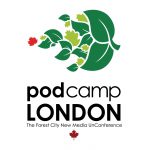
— PodCamp London, 2009–2012
Informing, educating and connecting members of diverse communities through an engaging participant focused conference, I established a learning environment which supported self-directed learning for adults. I enabled experts and amateurs alike to act as facilitators and instructors amongst their peers to help grow a knowledge base across interconnected industries.
Scholarship
Helping me to “establish meaningful connections between theory and practice” (Orland-Barak, 2005, p. 27), formal academia has been a primary contributor to my knowledge as an educator. Often graduating with honours in formal settings of academia, I continue to support my development as an educator through organization-specific training modules offered to me in both professional and volunteer roles. Closely connecting the theories learned in formal settings to my work, I continue to form a more complete understanding of the purpose of adult education and the role I play as an educator. In addition to formal scholarship opportunities I continue to support my practice by developing technical expertise, fostering professional relationships and participating in a newly formed habit of reflective practice.
Selected Accomplishments
Master of Adult of Education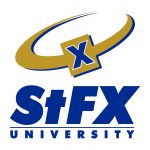
— St. Francis Xavier University, 2020
With a focus on the formative elements of community development and the role place has in fostering citizen empowerment, I am interested in how both non-formal and informal learning experiences within community education environments can shape an individual’s development.
Bachelor of Education
— Western University, 2010
Graduating with distinction, my studies connected young adults in formal systems of education with learning opportunities outside of traditional classroom settings. Supported by teaching experiences within secondary and college environments, this credential has served as an applied communications degree providing the tools needed to interact and support individuals of varying needs and abilities.
Organizational Training
— Fanshawe College and Ladies Learning Code, 2007-present
Providing training specific to individual teaching roles both in formal and community education settings, these workshops focus on topics such as learning styles, communication strategies, and tactics to modify course work based on the needs of individuals and groups of learners.
Evidence and Evaluation
Connecting individuals with their peers so they may learn from others with similar experiences, my leadership style as an adult educator is firmly rooted in a community mindset. Believing that an individual’s learning and growth is directly related to the cohort in which she exists (Lei, Gorelick, Short, Smallwood, & Wright-Porter, 2011), my students and colleagues regularly identify an expertise in leveraging the abilities, skills and knowledge of individuals within a larger collective to support their peers.
Approaching the act of teaching in an authentic way consistent with developmental and nurturing perspectives of teaching (see Appendix B for personal inventories), I place the needs of my students first and foremost often above content or curriculum requirements. Understanding that a student’s experiences are the foundation upon which the best learning unfolds (Lindeman, 1926/1982), my approach to teaching aims to begin from where the students are, further developing course materials with learners to co-construct greater meaning.
Selected Evidence
“[Kevin’s] authentic approach to designing learning experiences which centre on the needs of his students, and his light-hearted personality that is disarming and welcoming make him a delight for students to engage with.”Titus Ferguson, Executive Director, UnLondon Digital Media Association
“Kevin is respectful of his students and their varying levels of ability and engagement. He has a non-confrontational attitude approaching any situation with calm, and his sense of humour which is grounded in humility…”Kathleen Rebic, Chapter Lead, Ladies Learning Code
“Kevin [is] one of the best listeners I have ever worked with … [he is] always positive and encouraging to those around [him].”Tania Goodine, Executive VP Brand, Libro Credit Union
“Kevin is respectful to his students and allways (sic) willing to lend a helping hand whenever needed.”Jamie Anderson, Former Student
Reflection
Never intending to become an (adult) educator, the professional practice I have formed over the past decade has placed me in roles that feel overwhelmingly natural and thoroughly enjoyable at the same time. Often feeling that my perspectives are at odds with the pedagogy and systems by which learning is delivered to younger students, it comes with very little surprise that my practice as an educator has navigated towards working with adults.
Developed from a feeling that educational institutions, instructors and the systems they operate within have failed me to date, not able to academically stimulate or challenge me as a high-achiever, I have often sought out learning opportunities in less traditional environments through self-direction. With a personal curiosity to better understand the world I live within, my philosophy of adult education and the actions I take have been informed intimately by personal learning experiences and the communities I am a part of.
Possessing the ability to self-teach and absorb almost any information, I find myself needing to be less concerned with content comprehension and can focus my time and attention on its application as it is relevant to students’ lives, helping to more adequately shape and enhance their learning experiences. Not without challenges in my own practice, I find it most difficult to work within the structures of existing systems, both in places of formal academia and the professional work place. Recognizing a personal need to develop greater patience and an acceptance that the creation of meaningful change takes time, I would benefit from developing a better appreciation for other worldviews and approaches to learning and management. Finding commonalities between my perspectives and both the individuals and institutions I work with would help bridge understanding for the purposes for communication, cooperation, creating change and best serving those who look to me for support.
As I continue to develop my practice as an educator supported primarily through the completion of a Master of Adult Education degree, this portfolio being a partial requirement of, I aim to better incorporate theories of adult education into actions taken across the other strands of my practice—Community Leadership and Civic Engagement. The more intentionally I can integrate these distinct strands with one another the better of an expertise I will develop in support of the individuals and organizations I aim to serve.
